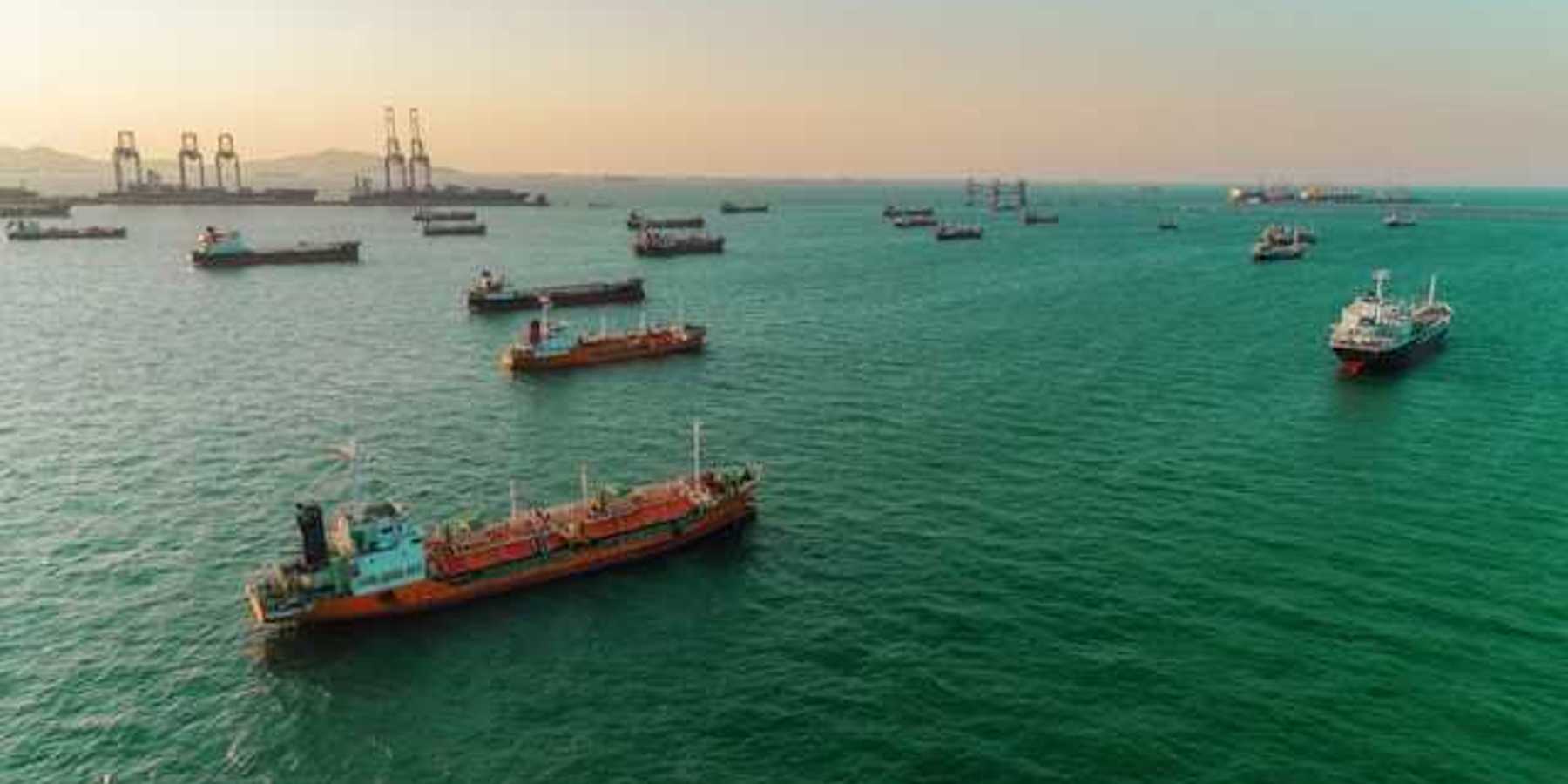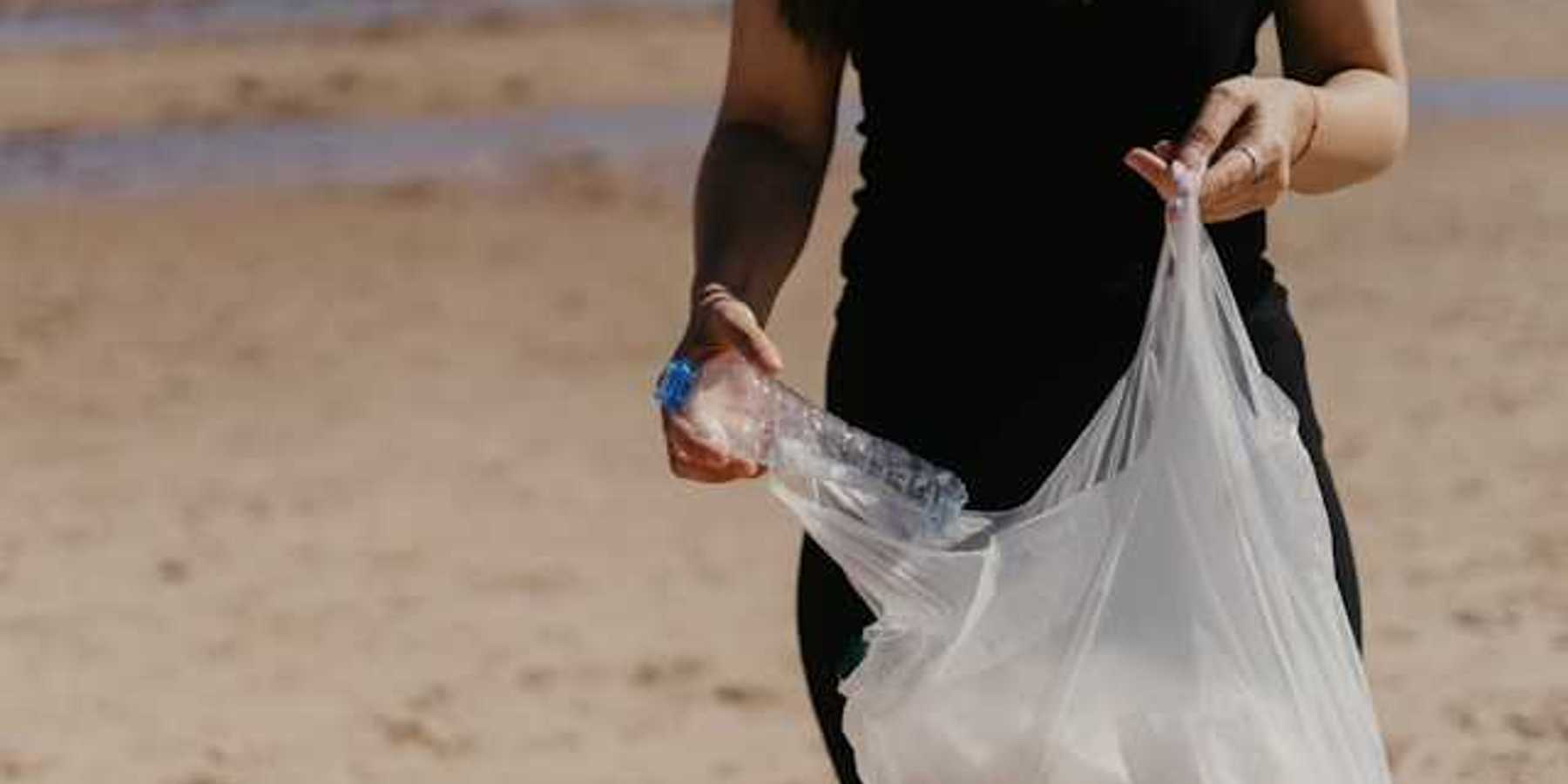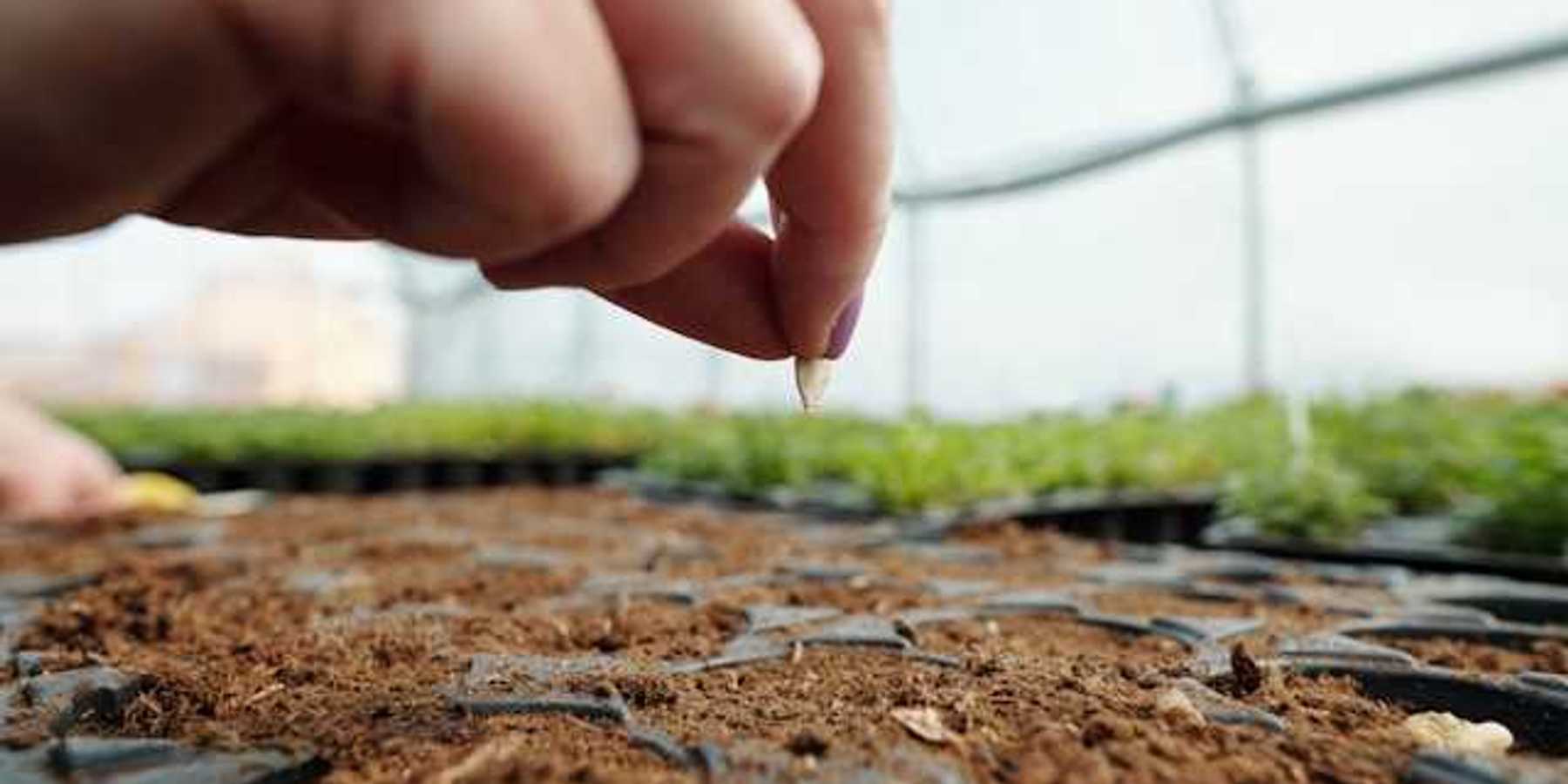Global treaty to curb plastic pollution faces final negotiations
Delegates from more than 170 nations are meeting in South Korea to negotiate a treaty to reduce plastic pollution, but debates over production caps and enforcement could derail the effort.
Douglas Main reports for The New Lede.
In short:
- A United Nations-led meeting in Busan aims to finalize a treaty addressing the plastic pollution crisis, which could nearly triple by 2060 without intervention.
- The U.S. supports voluntary measures but resists binding caps on plastic production, despite the EPA highlighting severe health risks linked to plastic exposure.
- Some nations, including oil-heavy producers, oppose strict limits, while scientists and advocates call for reductions in production and hazardous chemicals in plastics.
Key quote:
“ ... the challenge with plastic isn’t that we don’t know how to live without it — for most uses, we do, or we used to — it’s that the oil, gas, and petrochemical industry has become so powerful that it won’t let us implement the necessary change.”
— Neil Tangri, a researcher with the University of California, Berkeley
Why this matters:
Plastic pollution threatens ecosystems and human health worldwide, with microplastics found in food, water, and even human organs. Without urgent action to limit production, the crisis will exacerbate environmental damage and climate change.
Related coverage: Nations push for global treaty to limit plastic pollution













